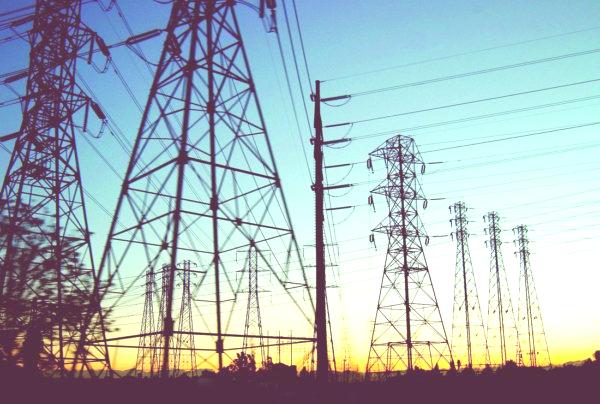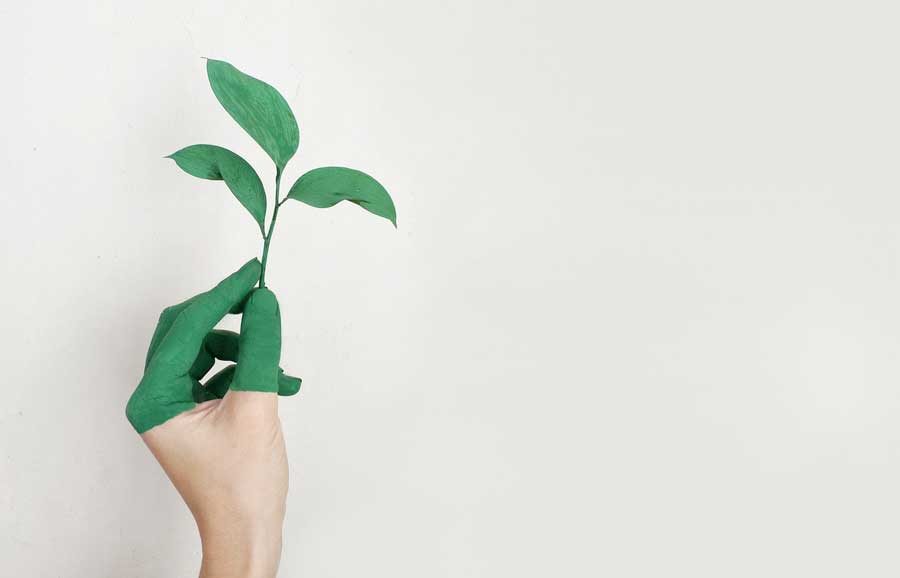
Spanish Conversation about environmentalism
- Categories SPANISH VOCABULARY
- Date 21 March, 2018
One of the topics we talk about in our Spanish courses is environmentalism and the importance of ensuring a sustainable future.
Here we show your ideas to discuss in Spanish on this topic.
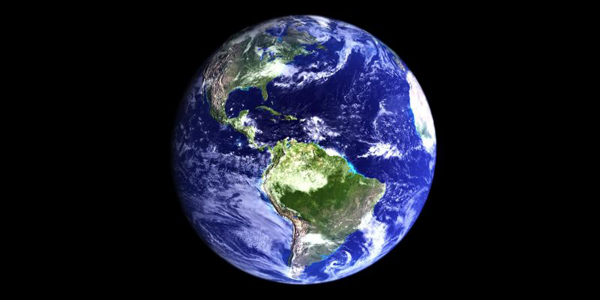
Vocabulary in Spanish on environmentalism
Learn these words related to environmentalism. We divide them into positive concepts and negative concepts.
POSITIVE
– Reciclaje: Recycling – Contenedor: Container – Ahorro: Savings – Cuidado: Care – Protección: Protection – Conservación: Conservation – Papel reciclado: Recycled paper – Recogida selectiva: Selective collection – ONG: NGO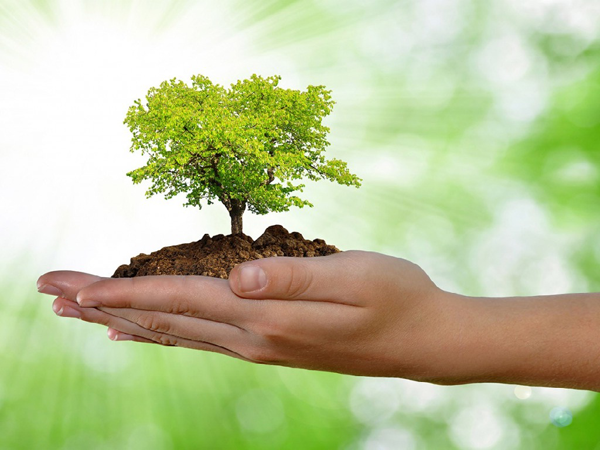
NegativE
– Sequía Drought – Basura: Rubbish – Contaminación: Contamination or Pollution – Pilas: Batteries – Consumo: Consumption – Industria: Industry – Gases contaminantes: Polluting gases – Incendio: Fire – Daño: Damage – Inundaciones: Floods – Vertidos: Waste – Latas: Cans 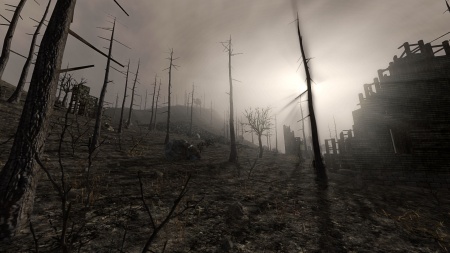
PositivE oR negativE (dependS ON THE PERSON)
– Envases de plástico: Plastic bottles – Transporte: Transport – Energía eléctrica: Electric PowerSpanish verbs on environmentalism
– Reciclar : Recycle – Tirar la basura : Throw away rubbish – Contaminar : Contaminate – Consumir : Consume – Ahorrar: Save – Verter Pour/pouring – Dañar: Damage – Conservar: Conserve – Cuidar : Care – Proteger : Protect – Incendiar: Burn – Inundar: Flood 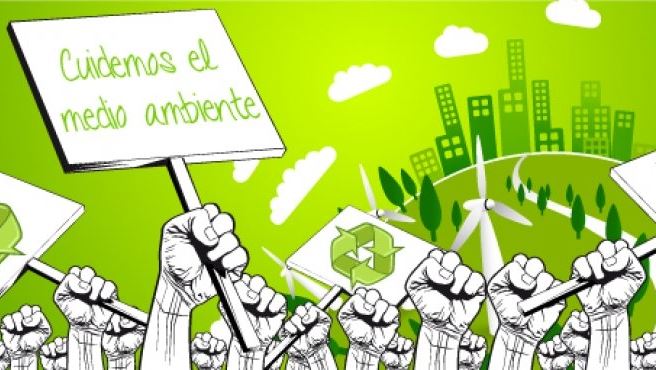
Structures to give your opinion in Spanish on environmentalism
– Lo más importante de esta vida es/son … (The most important thing in this life is/ are …) Ejemplo: Lo más importante de esta vida es proteger el planeta para la generaciones futuras. The most important thing in this life is to protect the planet for future generations.
– Lo más conflictivo de la industria es/son… (The most controversial aspect of the industry is/are…) Ejemplo: Lo más conflictivo de la industria es la contaminacion de las fabricas. The most controversial aspect of the industry is the contamination by factories.
– Lo más urgente en mi ciudad es/son…(The most urgent thing in my city is/are…) Ejemplo: Lo más urgente en mi ciudad es reparar las carreteras y plantar más árboles. The most urgent thing in my city is to repair the roads and plant more trees.– Lo más grave en el mundo es/son…(The most serious thing in the world is/are…) Ejemplo: Lo más grave en el mundo es el calentamiento global. The most serious thing in the world is global warming.
– Lo mejor del reciclaje es/son… (The best thing about recycling is/are…) Ejemplo: Lo mejor del reciclaje es la reducción de plástico. The best thing about recycling is the reduction of plastic.
– Lo peor de los zoos es/son… (The worst thing about zoos is/are …) Ejemplo:Lo peor de los zoos es el confinamiento de animales salvajes que estarían mejor en libertad. The worst thing about zoos is the confinement of wild animals that would be better in freedom.
– Los más interesante de las ONG es/son… (The most interesting about the NGOs is/are) Ejemplo : Los más interesante de las ONG es ayudar a persona que lo necesitan. The most interesting about the NGOs is helping people in need.
– Las más necesario en mi país ahora es/so…(The most necessary thing in my country now is/are…) Ejemplo: Lo más necesario en mi país ahora es reducir la generación de residuos. The most necessary thing in my country now is to reduce the generation of waste.
¿Qué se podemos hacer para salvar el planeta y asegurar un futuro sostenible? ¿Qué acciones de estas a continuación haces tú? What can we do to save the planet and ensure a sustainable future? Of the following actions do you do?
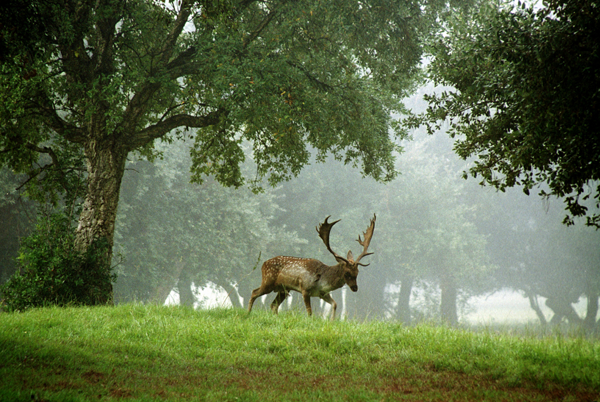
GESTOS SENCILLOS PARA AHORRAR ENERGÍA EN CASA (Simple gestures to save energy at home)
– Ahorrar agua: Save water – Utilizar menos productos químicos: Use less chemicals products – Deshacerse de los desechos tóxicos : Get rid of toxic waste – Reducir el consumo de electricidad : Reduce electricity consumption – Producir menos deshechos: Produce less waste – Instalar un reciclador de agua para la ducha : Install a water recycler for the shower – Instalar bombillas de bajo consumo: Install energy saving lightbulbs – Utilizar energía solar: Use solar energy 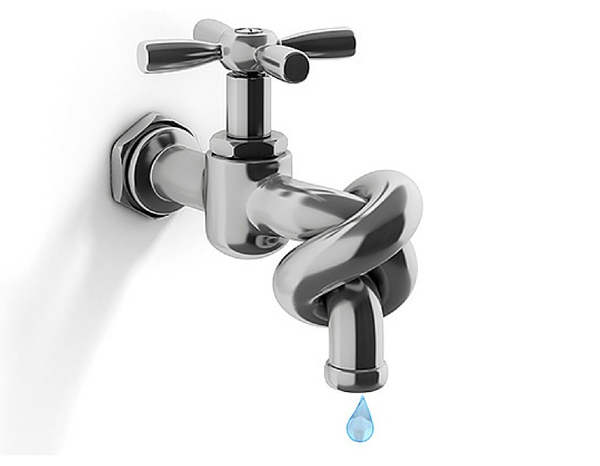
GESTOS PARA PROTEGER A LOS ANIMALES (Acts to protect animals)
– Respetar a los animales: Respect animals – Consumir pescado procedente de la pesca sostenible: Consume fish from sustainable fisheries. – No apoyar el maltrato animal: Not support animal abuse – Respetar los hábitats de los animales: Respect animal habitats 
En la vida de todos días
(In everyday life)
– Utilizar la bicicleta para los pequeños trayectos: Use the bike for small trips – Usar el transporte público : Use public transport – Comprar en el comercio local : Buy from local businesses – Consumir productos: Consume products 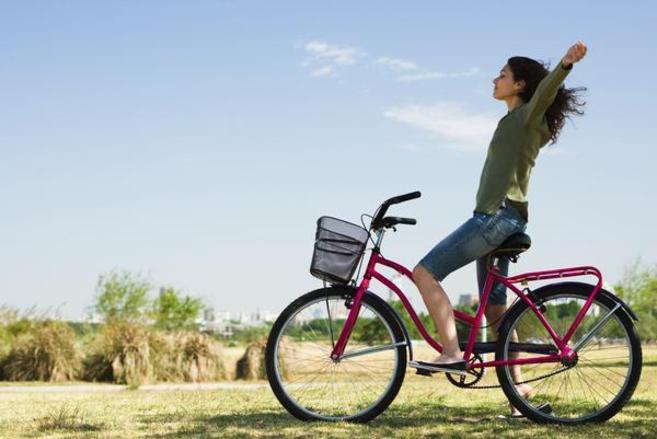
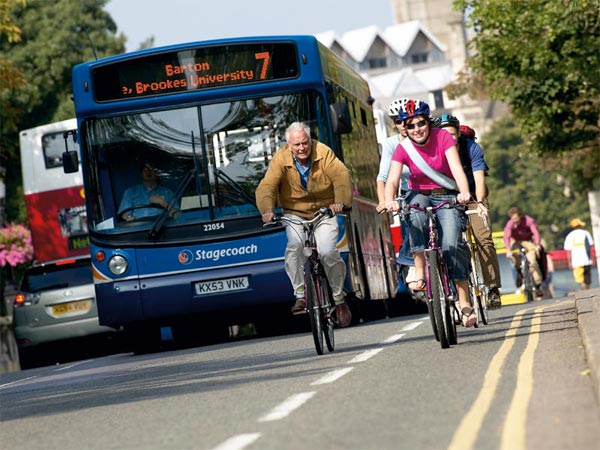
You may also like

Spanish vocabulary: Packages and portions and food measurements

Spanish vocabulary: In a Shop


